What are you looking for at Aqrani library?
-
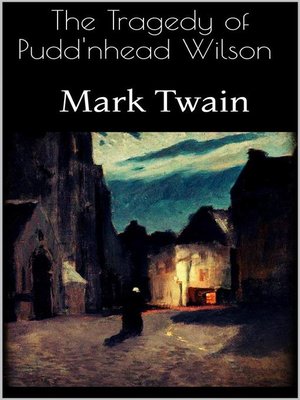
Tragedy of Puddnhead Wils...
It was published in 1893–1894 by Century Magazine in seven installments, and is a detective story with some racial themes. The plot of this novel is a detective story, in which a series of identities — the judge’s murderer, Tom, Chambers — must be sorted out. This structure highlights the problem of identity and one’s ability to determine one’s own identity. Broader issues of identity are the central ideas of this novel. One of Twain’s major goals in this book was to exploit the true nature of Racism at that period. Twain used comic relief as a way to divulge his theme. The purpose of a comic relief is to address his or her opinion in a less serious way, yet persuade the reader into thinking the writers thoughts. Twain’s use of satire is visible throughtout the book. Twain’s use of colloquialism(dialect) and local color as features of Naturalism to convey his theme, is impressive and ahead for his time.
-
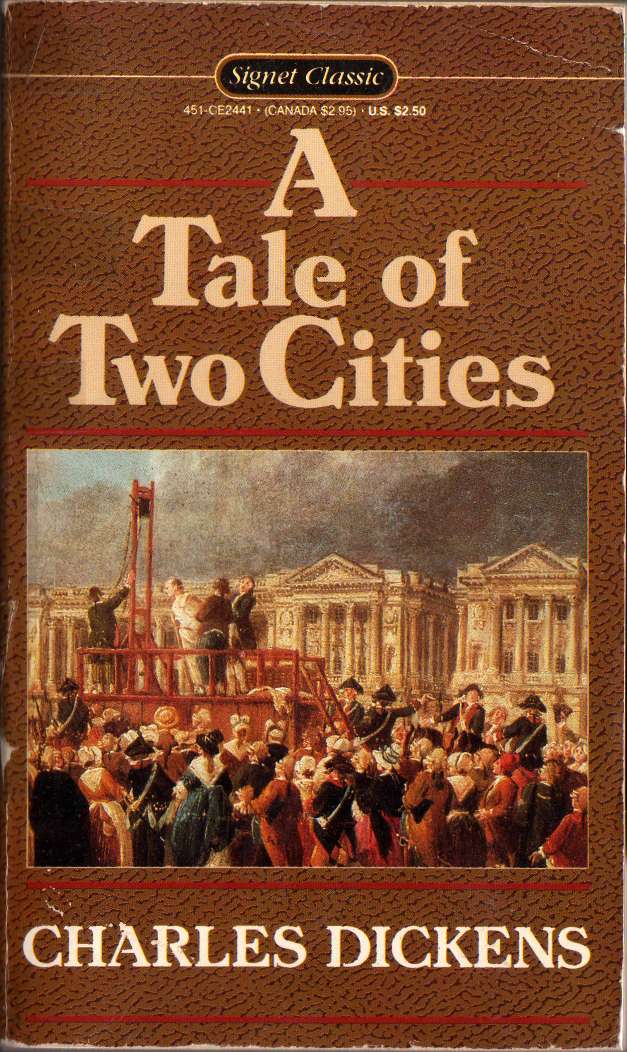
A Tale of Two Cities
Liberty, equality, fraternity, or death; -- the last, much the easiest to bestow, O Guillotine!' After eighteen years as a political prisoner in the Bastille, the ageing Doctor Manette is finally released and reunited with his daughter in England. There the lives of two very different men, Charles Darnay, an exiled French aristocrat, and Sydney Carton, a disreputable but brilliant English lawyer, become enmeshed through their love for Lucie Manette. From the tranquil roads of London, they are drawn against their will to the vengeful, bloodstained streets of Paris at the height of the Reign of Terror, and they soon fall under the lethal shadow of La Guillotine. This edition uses the text as it appeared in its serial publication in 1859 to convey the full scope of Dickens's vision, and includes the original illustrations by H. K. Browne ('Phiz'). Richard Maxwell's introduction discusses the intricate interweaving of epic drama with personal tragedy.
-
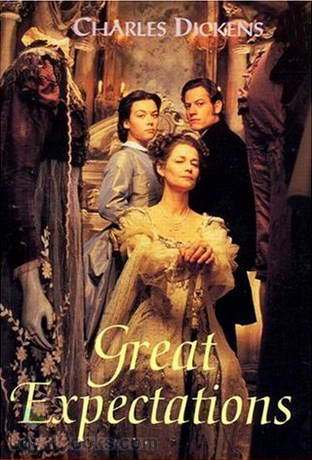
Great Expectations
From the opening passage itself of Great Expectations by Charles Dickens, the reader is drawn into the world of the hero, Pip, who is at that time, seven years old. The author creates an unforgettable atmosphere: the gloom of the graveyard, the melancholy of the orphan boy, the mists rising over the marshes and the terrifying appearance of an escaped convict in chains. Told in first person (one of the only two books that Dickens used this form for, the other being David Copperfield) Great Expectations is a classic coming of age novel, in which we trace the growth and evolution of Pip or Philip Pirrip to give his full name. Pip has lost his parents very early in life and is being brought up by his much older sister and brother-in-law Joe Gargery. His sister is a dominating and shrewish woman, while Joe is an affectionate man. Joe's uncle Mr Pumblechook (another of Dickens' delightfully evocative names) asks Joe to send Pip to the stately mansion Statis House ostensibly to play with the owner Miss Havisham's adopted daughter Estella. This marks the beginning of a life-changing experience for Pip.
-
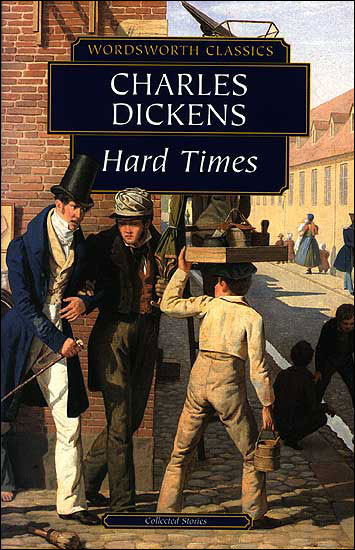
Hard Times
The shortest novel by far of Charles Dickens', Hard Times is also one of his most idea based works. In it, he launches a scathing attack on the prevailing fashion of believing in Utilitarianism, a philosophy that proposed the goal of society should be “the greatest good for the greatest number of people.” Dickens felt that such a philosophy saw people as mere statistics and not as individuals. The novel was published in serial form in his magazine Household Words. It is also the only novel where London is not featured. Set mainly in the fictional industrial town of Coketown, the book is divided into three sections “Sowing,” “Reaping” and “Garnering.”
-
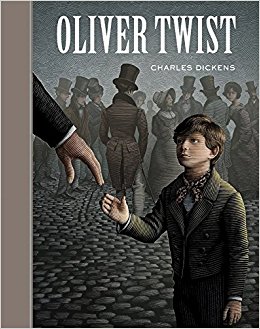
Oliver Twist
Set in the first half of the 19th century, the classic novel presents the story of young orphan Oliver Twist, who endures tumultuous events in a society burdened by poverty, crime and malice. After being poorly treated in a workhouse, Oliver escapes to London where instead of finding a better life he ends up tangled in a web of criminal activities. The novel opens with the introduction of Oliver, a waif who has spent his short life living in miserable conditions in a workhouse. Along with other fellow orphans, he is regularly beaten and underfed. One day the young, hungry orphans decide to draw sticks in order to determine who will ask for another portion of gruel. The unlucky representative of the starving children is Oliver, who goes up to the stern Mr. Bumble and makes his famous plea “Please sir, I want some more”. Unimpressed by such a request, the authoritarian administrators of the workhouse offer five pounds to anyone willing to take the boy as an apprentice. Subsequently, Oliver is apprenticed to local undertaker, Mr. Sowerberry.
-
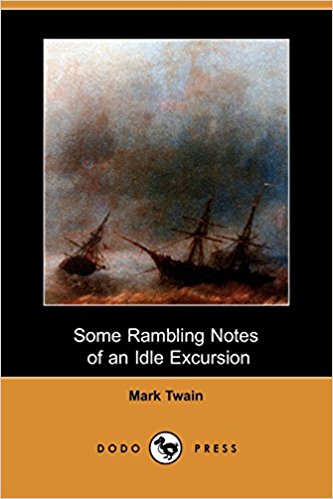
Some Rambling Notes of An...
Written for the Atlantic magazine in 1877, this is a collection of stories about a trip Mark Twain made with some friends to Bermuda. It contains fascinating descriptions of Bermuda the island, and some of its people as well as an explanation of why Bermuda's houses are "so white".
-
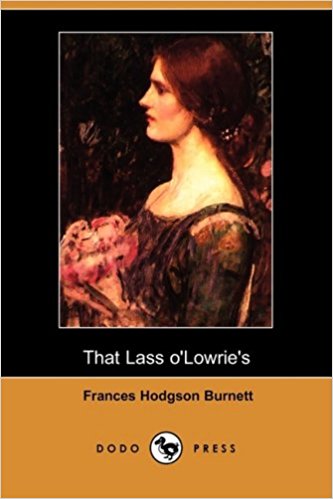
That Lass O Lowrie s
Although best known for Little Lord Fauntleroy and The Secret Garden, Frances Hodgson Burnett was considered one of the leading writers in America on the strength of her adult novels, which made her name in the 1870s and 1880s. Ripe for rediscovery, Bello is proud to bring a select group of these classic novels back into print. That Lass O' Lowrie's was Frances Hodgson Burnett's first novel. A tale of Lancashire, her chosen heroine is pit-girl. Burnett uses the novel to explore questions of social inequality and injustice, with much of the material drawn from real life. Serialised in Scribner's Monthly before publication as a book, and first published in April 1877, That Lass O' Lowrie's won unanimous praise from the critics.
-
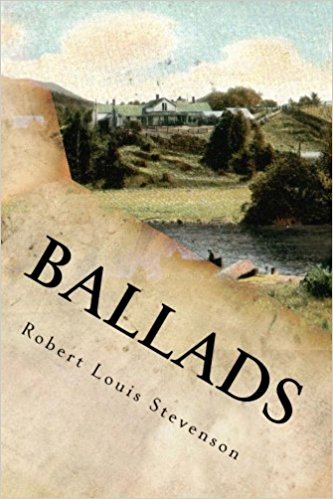
Ballads
The collection of poems presents beautiful ballads, a couple of which are based on actual folk tales of Scotland, while others were conjectured by the poet himself. The stories are harmoniously narrated and compiled. The last one touches the tender love of children towards their parents.
-
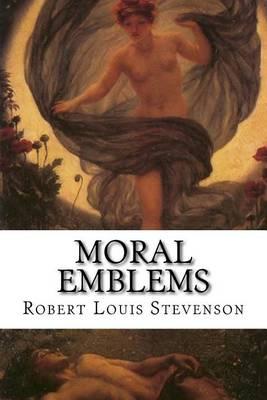
Moral Emblems
The Eagle seeks its daily bread. How aptly fact to fact replies: Heroes and eagles, hills and skies. Ye who contemn the fatted slave Look on this emblem, and be brave.
-
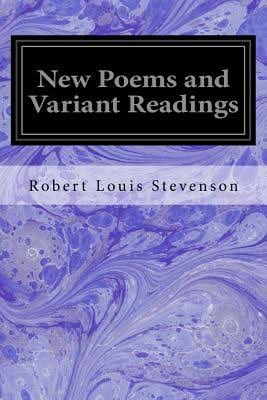
New Poems
During his lifetime Stevenson published A Child's Garden of Verses (1885) and its predecessors Penny Whistles, Underwoods (1887) and Ballads (1890). There were also various private press adventures in poetry with his stepson Lloyd Osbourne, and the posthumous Songs of Travel (1895), and New Poems (1918). This edition contains this poetry and also some of Stevenson's printed and manuscript poems that have never been published in any collection. The edition also identifies and restores various poems assembled by Stevenson in his Notebooks, many of which were destroyed by members of The Boston Bibliophile Society.